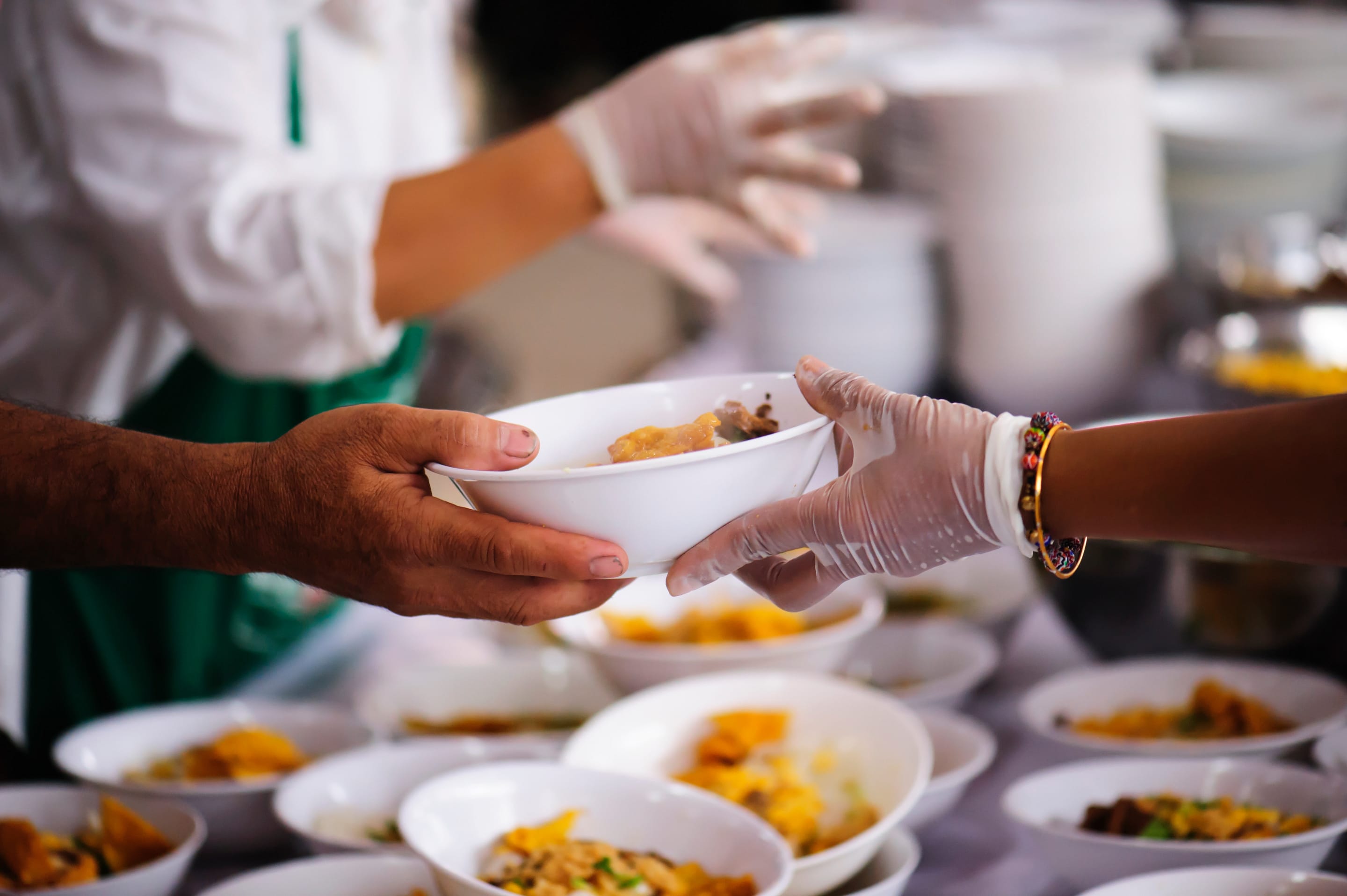Causes.com
| 3.3.23

The Hunger Crisis in America - Tell Your Reps To Act Now
Tell your representatives to reinstate expanded SNAP benefits and free school lunches now.
America’s hunger emergency
- The U.S. is experiencing a hunger crisis.
- In 2021, 34 million people were food insecure, and 53 million turned to food banks, community aid, and federal programs to help put food on the table. One out of eight of all households with children were food insecure.
- The COVID-19 pandemic has exacerbated this emergency. Last year, the cost of inflation led food prices to spike 11.4%, making it even harder for American families to feed themselves.
- Diet-related diseases are among the leading causes of death and disability in the U.S. — 35% struggle with obesity, 10% have diabetes, 33% will have cancer in their lifetime, and over 40% have high blood pressure, which leads to heart disease and stroke, the leading cause of death for Americans.
- While anyone can be food insecure, these struggles are not distributed equally. Food insecurity and diet-related diseases disproportionately impact communities of color, those in rural areas, people living with disabilities, LGBTQIA+ community members, and veterans.
- While the U.S. has put effort into decreasing this crisis, the government has recently weakened some federal assistance programs, leaving many Americans in the depth of the hunger cycle with no way out.
Pandemic SNAP benefits coming to an end
- During the pandemic, Congress passed an emergency increase in food stamps, which helped families nationwide. Unfortunately for millions of Americans, those extended benefits of the Supplemental Nutrition Assistance Program (SNAP) ended on March 1 by the omnibus budget bill passed last December. Because of this, 42 million Americans receiving aid are seeing household cuts ranging from $95 to $235.
- Many are especially critical of the end of the extended benefits because of the high inflation in food prices. The Food and Research Action Center, a research and lobbying group, predicts millions will go over a “hunger cliff.” The organization warned:
“The steepest cliff will be for older adults at the minimum benefit level who will have their monthly SNAP benefits fall from $281 to $23.”
- As mass hunger grows, food banks fear their resources will dwindle, leading to more people falling into the hunger cycle.
Student lunch debt
- In June, Congress ended the free-lunch-for-all program that helped feed 50 million students during the pandemic, now reverting to a system where families who cannot afford school lunches go into debt. While some federal aid still exists, many families do not qualify — a family of four must earn around $36,000 or less to receive free lunch.
- A national survey from the School Nutrition Association found that nearly 850 schools in the U.S. have racked up $19.2 million in lunch debt.
- Some families have reported their debt growing so large that the school stopped giving their children meals altogether, causing extreme harm to the students. National School Nutrition Association spokeswoman Diane Pratt-Heavner said that school meals are incredibly beneficial around the board, promoting academic achievement and keeping kids healthier.
Do you want to see the U.S. government do more to help the hunger emergency in America? Tell your representatives to reinstate expanded SNAP benefits and free school lunches now.
-Jamie Epstein
(Photo credit: iStock/kuarmungadd)
The Latest
-
 Changes are almost here!It's almost time for Causes bold new look—and a bigger mission. We’ve reimagined the experience to better connect people with read more...
Changes are almost here!It's almost time for Causes bold new look—and a bigger mission. We’ve reimagined the experience to better connect people with read more... -
 The Long Arc: Taking Action in Times of Change“Change does not roll in on the wheels of inevitability, but comes through continuous struggle.” Martin Luther King Jr. Today in read more... Advocacy
The Long Arc: Taking Action in Times of Change“Change does not roll in on the wheels of inevitability, but comes through continuous struggle.” Martin Luther King Jr. Today in read more... Advocacy -
 Thousands Displaced as Climate Change Fuels Wildfire Catastrophe in Los AngelesIt's been a week of unprecedented destruction in Los Angeles. So far the Palisades, Eaton and other fires have burned 35,000 read more... Environment
Thousands Displaced as Climate Change Fuels Wildfire Catastrophe in Los AngelesIt's been a week of unprecedented destruction in Los Angeles. So far the Palisades, Eaton and other fires have burned 35,000 read more... Environment -
 Puberty, Privacy, and PolicyOn December 11, the Montana Supreme Court temporarily blocked SB99 , a law that sought to ban gender-affirming care for read more... Families
Puberty, Privacy, and PolicyOn December 11, the Montana Supreme Court temporarily blocked SB99 , a law that sought to ban gender-affirming care for read more... Families
 Climate & Consumption
Climate & Consumption
 Health & Hunger
Health & Hunger
 Politics & Policy
Politics & Policy
 Safety & Security
Safety & Security
